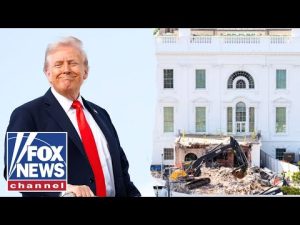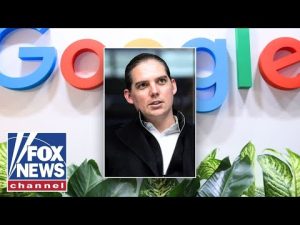China has quietly moved to tighten its grip on the online square by insisting that anyone who dispenses advice on medicine, finance, education or law must prove they are properly qualified — a university degree, professional license or verified training are now required before such creators can speak. The new rules come with real teeth: creators who flout the requirements face account suspensions, permanent bans and fines that can reach as high as 100,000 yuan — roughly $14,000.
Platforms themselves have been saddled with the policing job: Douyin, Weibo, Bilibili and other Chinese services are now responsible for vetting and archiving creators’ credentials and for stamping out unverified “expert” content. Regulators say the move is aimed at stamping out misinformation and hidden advertising, but the practical effect hands enormous gatekeeping power to state-aligned bureaucrats and the platforms that answer to them.
Let’s be blunt — Beijing frames this as a consumer-protection measure, but anyone paying attention knows this is governance by credentialing: control dressed up as competence. This latest step is part of a broader pattern of centralization and the “Qinglang” push to tidy up online speech, turning lively public debate into a managed broadcast where only state-approved credentials count.
The economic fallout won’t be trivial. Influencers who built audiences by speaking plainly or sharing lived experience will either be forced into sterilized, credentialed lanes or shut out entirely, and brands that rely on China’s vibrant creator ecosystem will have to add compliance layers or walk away. When platforms become gatekeepers of who is allowed to advise, the market’s ability to sort truth from nonsense is replaced by bureaucratic decree.
Americans should watch this closely because the justification sounds eerily familiar: protect the public from harm by elevating “experts.” Big tech already favors “authoritative” sources in algorithms and regulators in Washington have flirted with heavier-handed transparency rules for creators. We must resist any American temptation to export credential checks for speech — the cure can be worse than the disease when government picks winners and silences unconventional but valuable voices.
Conservatives have every reason to oppose this model: it undermines individual responsibility, rewards credentialism over common sense, and hands a powerful lever to a regime that does not share our values of free debate and dissent. Instead of welcoming state-run orthodoxy, fight for clearer labeling, marketplace accountability, and the restoration of honest debate where ideas are tested in public, not filtered by a bureaucratic caste.
If protecting the public from dangerous medical or financial nonsense is the stated aim, do it through transparency and liability — not through a credential police state that prioritizes conformity over truth. Hardworking Americans should stand for open debate, for real accountability, and for tech platforms that empower consumers to choose, not censors who decide which experts are allowed to speak.







